Table of Contents
PLANT BASED COOKBOOK
The Easy-to-Follow Solution for Quickly and Permanently Weight Loss with 50+ Whole-Food Vegetarian and Vegan Recipes for Beginners. 7-day Plant Based Diet Meal Plan Included
By
Max Harvey
Text Copyright [Amanda Rockridge]
All rights reserved. No part of this guide may be reproduced in any form without permission in writing from the publisher except in the case of brief quotations embodied in critical articles or reviews.
Legal & Disclaimer
The information contained in this book and its contents is not designed to replace or take the place of any form of medical or professional advice; and is not meant to replace the need for independent medical, financial, legal or other professional advice or services, as may be required. The content and information in this book has been provided for educational and entertainment purposes only.
The content and information contained in this book has been compiled from sources deemed reliable, and it is accurate to the best of the Author's knowledge, information and belief. However, the Author cannot guarantee its accuracy and validity and cannot be held liable for any errors and/or omissions. Further, changes are periodically made to this book as and when needed. Where appropriate and/or necessary, you must consult a professional (including but not limited to your doctor, attorney, financial advisor or such other professional advisor) before using any of the suggested remedies, techniques, or information in this book.
Upon using the contents and information contained in this book, you agree to hold harmless the Author from and against any damages, costs, and expenses, including any legal fees potentially resulting from the application of any of the information provided by this book. This disclaimer applies to any loss, damages or injury caused by the use and application, whether directly or indirectly, of any advice or information presented, whether for breach of contract, tort, negligence, personal injury, criminal intent, or under any other cause of action.
You agree to accept all risks of using the information presented inside this book.
You agree that by continuing to read this book, where appropriate and/or necessary, you shall consult a professional (including but not limited to your doctor, attorney, or financial advisor or such other advisor as needed) before using any of the suggested remedies, techniques, or information in this book.
Table Of Contents



Introduction
 In a plant-based diet, all the food you consume is obtained from plant sources. Some examples of plant-based products are pulses, whole grains, legumes, soy products which act as alternatives for meat, and so on.
In a plant-based diet, all the food you consume is obtained from plant sources. Some examples of plant-based products are pulses, whole grains, legumes, soy products which act as alternatives for meat, and so on.
Plant-based diets are known to aid in the process of weight loss. These diets are full of vegetables, fruits, and whole grains. All these foods are rich in fiber and thus are digested not as quickly as unhealthy fast foods. It keeps you feeling satiated and prevents hunger for prolonged periods of time. Urges to constantly snack on fried food, and the desire to eat within short intervals is what causes you to eat way more than you need to. This diet helps in preventing excess calorie consumption, which is the cause of weight gain.
On the flip side, if you analyze the people who eat diets full of meat, you will find them often struggling with gastric issues. Their stomach might feel bloated, and they could experience discomfort throughout the day. Due to this, the body appears to be heavy and unfit. It also does not aid in maintaining the calorie deficit required for causing weight loss.
Everything you eat consists of calories, which store energy. Calories fuel the functionality of your body. As mentioned earlier, due to excess calorie consumption people often gain unhealthy amounts of weight. This is the cause of what is called a calorie surplus or excess. The surplus is stored in the body in the form of fat.
To lose weight, you must create a calorie deficit in your body. This will urge it to use the stored fats for energy generation. These fats are stored in areas such as your thigh and hip. When a deficit occurs, you lose fat from these areas, as the body does not use the calories generated by the food you consume for energy. Instead, it taps into the stored reserves of your body.
Some of these plant-based diets are obviously stricter than others. No one diet is right for everyone, so it is important to understand all the options you have within a plant-based diet so that you can choose which lifestyle is most attractive and feels right to you. Maybe you want to cut out all animal products and go vegan, consuming only plant foods and products or maybe you prefer keeping some animal products in your diet while making plant foods your main focus. Remember, you are in control of what you eat and what goes into your body. A plant-based diet will likely have more restrictions and parameters than you are used to, so it is crucial that you pick a diet that is not only healthy, but attainable, realistic to adhere to, and enjoyable for you. The plant-based diet is designed to increase your quality of life so it would be counter-productive to choose a diet that makes you feel deprived or unhappy! It is important to set realistic expectations for yourself so that you are able to follow your new diet and are not tempted to stray from it. That being said, following a plant-based diet can be incredibly easy and simple if you follow the right steps and stay committed to your new healthy choices which will not be hard to do once you start feeling the beneficial effects of this health-focused lifestyle.
Thank you for choosing this book! Enjoy reading!

PART ONE:
What is the plant-based diet?

Plant-based diet can vary from one person to another. However, the foundational idea is that we try to avoid processed food as much as possible and choose to use what we receive from the beautiful planet that we live in. By that, I mean the incredible ingredients derived from the earth. In essence, plant-based diet comes with a few benefits.
- Plant-based diet avoids using processed foods as much as possible.
- There are no animal products in the diet.
- The categories that are majorly included are vegetables, fruits, seeds and nuts, legumes, whole grains, and herbs and spices.
- The diet tries to limit the use of sugar, wheat-flour, and oil as much as possible.
- It focuses on the quality of food, mostly utilizing locally or farm-produced organic foods
An important thing to remember here is that there are minimally processed foods included in the plant-based diet, such as non-dairy milk, tofu, and whole-wheat paste, to name a few. Overall, we aim to keep processed foods where they belong: on supermarket shelves, not in our refrigerators.

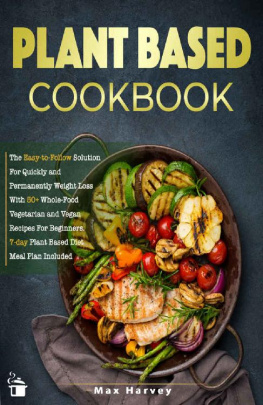
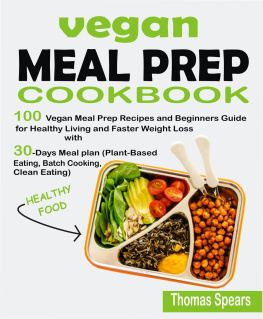
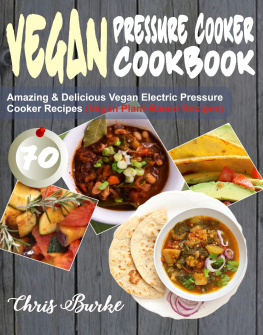
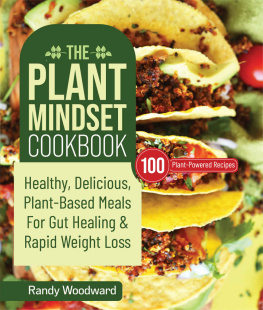

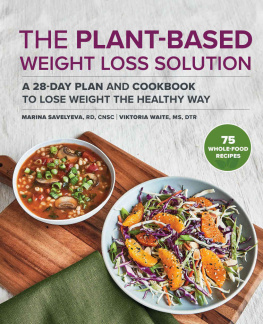
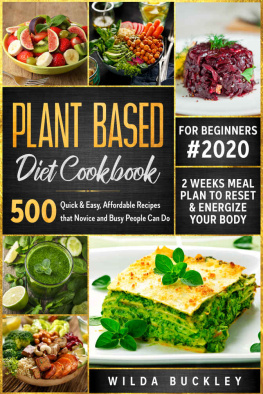
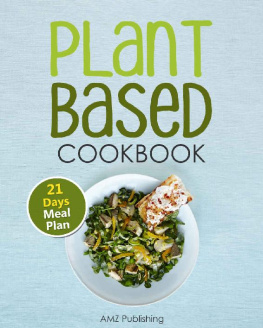
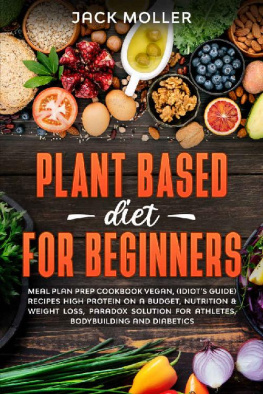



 In a plant-based diet, all the food you consume is obtained from plant sources. Some examples of plant-based products are pulses, whole grains, legumes, soy products which act as alternatives for meat, and so on.
In a plant-based diet, all the food you consume is obtained from plant sources. Some examples of plant-based products are pulses, whole grains, legumes, soy products which act as alternatives for meat, and so on.
